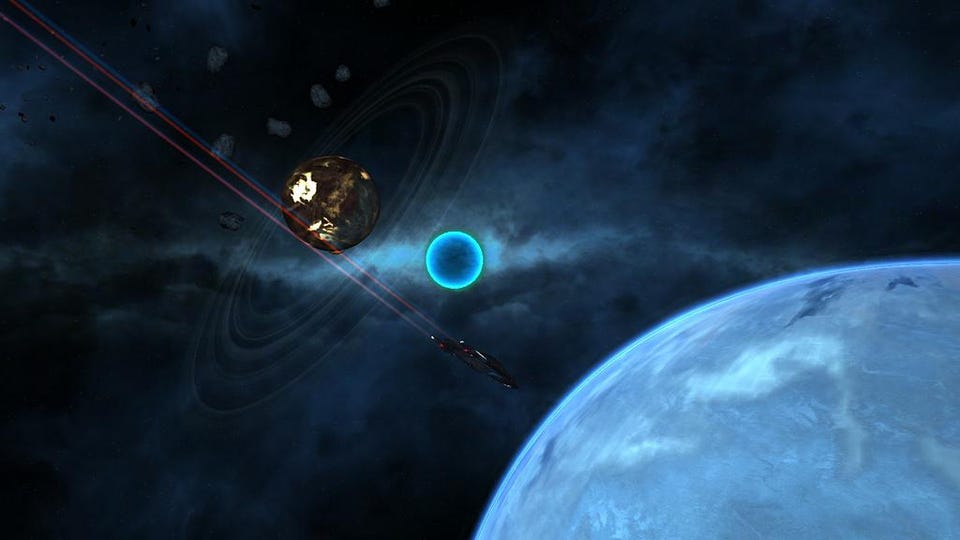I don't think the idea realistically is to establish contact with a contemporaneous advanced civilization.Let's say there was an advanced civilization a mere 10 light years away - but it died out 5 billion years ago. We are dealing with vast distances and vast amounts of time. Even if there were millions of advanced civilizations across the galaxy, the chances of ever making contact are infinitesimally small.
The idea is to monitor for signals that may have come from civilizations that existed in the past. There are probably hundreds of millions of star systems just within 5000 light years of Earth. The WOW signal detected at Ohio State University in 1977 has never been adequately explained, but was thought by at least some to be an artificial radio signal source. It came from somewhere in the Sagittarius constellation two thousand light years away. So if it was an artificial signal (highly debatable), it was from a civilization that existed thousands of years ago.

 right now. You intentionally chopped off my statement where I wrote we should keep looking because it's possible alien life is out there.
right now. You intentionally chopped off my statement where I wrote we should keep looking because it's possible alien life is out there.





 The definition of a mentally deranged loon. Dude, you should be kept in a padded cell.
The definition of a mentally deranged loon. Dude, you should be kept in a padded cell. 




